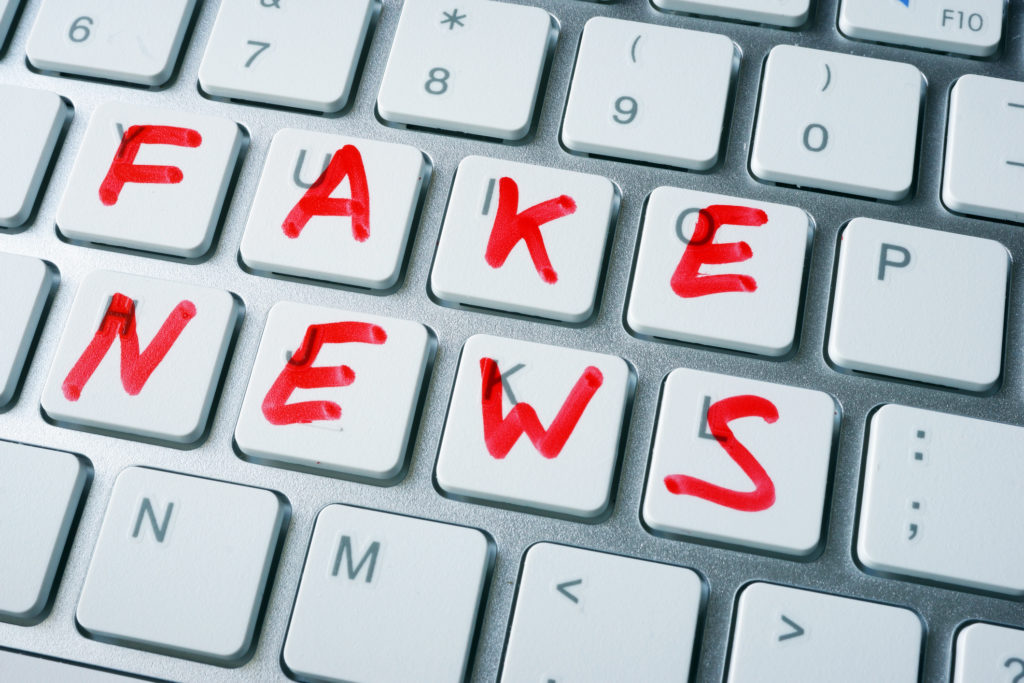Google announced today that it will contribute 25 million euros to the new European Media and Information Fund created by the Gulbenkian Foundation and the University Institute of Florence, which aims to combat disinformation.
The Gulbenkian Foundation and the European University Institute in Florence (EUI) announced last week the creation of the European fund to combat global disinformation, with the aim of supporting digital literacy and fact-checking projects in Europe.
Google, which is one of the first contributors to the European Media and Information Fund, challenges “other organizations” to support digital literacy.
“As we navigate the uncertainties and challenges of the past year, it has been proven that it is more important than ever for people to access accurate information and separate facts from fiction,” says Matt Brittin, president for EMEA business and operations. (Europe, Middle East and Africa) from Google, cited in a statement.
"That's why Google is contributing 25 million euros to help launch the European Media and Information Fund to strengthen skills in digital literacy, tackle disinformation and support fact verification," he adds.
“Our five-year commitment will support the work of the European University Institute, the European Digital Media Observatory and the Calouste Gulbenkian Foundation to finance organizations that seek to face key challenges,” adds the official.
These challenges include helping adults and young people to strengthen their digital literacy skills, supporting and scaling up the critical work of fact-checkers (Fact-checkers), as well as strengthening skills, research and resources to help combat misinformation.
“As first contributors to the European Fund for Media and Information, we welcome and encourage other organizations to follow our lead and support this important work”, challenges Matt Brittin, noting that “there is an unmet demand for funding and research, with less than one in 10 Europeans to have participated in any form of digital literacy training online“, according to a recent report.
In the coming weeks, the fund will be open to proposals from academics, non-profit organizations and publishers based in the European Union, Iceland, Liechtenstein, Norway, Switzerland and the United Kingdom, it adds.
The winning ideas will be selected by independent committees made up of industry experts. Google will not be involved in any decision-making process.
“Our commitment today follows on from prior funding to fact-checkers and non-profit organizations, including those related to the Covid-19 pandemic and vaccines, and our work to fight misinformation in the run-up to major events such as elections,” stresses Matt Brittin.
Google has provided funding and technical support, since 2015, "to organizations focused on fighting disinformation, including new innovative models like CrossCheck in France" and has provided training in digital verification "to 90.000 European journalists", having its 'website' training “received more than 400.000 visits”.
In its efforts to support digital literacy for young people, Google highlights “Be Internet Legends and Be Internet Citizens”, which provides digital skills to help school-age children and teenagers with fact-checking.
“Through our philanthropic arm, Google.org, we have provided € 3,2 million in funding since 2018 for programs like Newswise, The Student View and Weitklick, and, through the Google News Initiative, additional funding to support Students for President and Zeit für Lehrer ”, he says.
The new European Media and Information Fund is designed to support digital literacy and fact-checking projects in all European countries, including the European Union, EFTA (European Free Trade Association) and the United Kingdom.
The fund "is open to contributions from third parties and will be managed with complete independence from any donors, with only an annual report, with public presentation, addressed to funders and the general public", according to the Gulbenkian Foundation and IUE .
The project's shared management attributes to the European Digital Media Observatory (EDMO) - from the School of Transnational Governance of the IUE - the academic, ethical and project evaluation components and to the Foundation its administrative and financial management.



















Comments